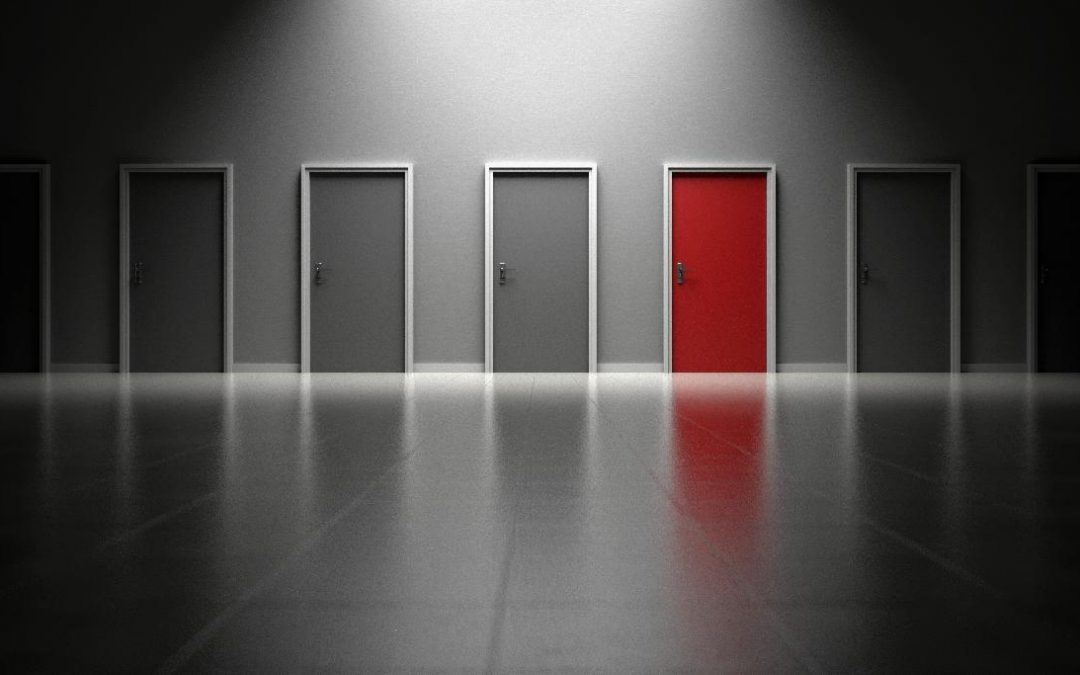 The number of choices we have to make on a daily basis has increased exponentially during the past thirty years. It’s interesting that no generation has had such a long lifespan and so much leisure time as the current generation; yet a third of all Americans report that they do not have enough time (See The Secret Pulse of Time by Stefan Klein)
The number of choices we have to make on a daily basis has increased exponentially during the past thirty years. It’s interesting that no generation has had such a long lifespan and so much leisure time as the current generation; yet a third of all Americans report that they do not have enough time (See The Secret Pulse of Time by Stefan Klein)
One problem is that we have so many choices of things to do. The other problem is that we want to do them all.
The amount of time that we have is limited; but the choices that we have are unlimited. There are career, family, social and personal activities, self-development, travel, vacations, reading, watching TV, playing with our electronic gadgets, volunteer work, crafts, sports, shopping, exercise, dining out, ad infinitum.
The options available for everything from travel to shopping are staggering. Take cars, for instance. As John Mariotti mentions in his book The Complexity Crisis (Platinum Press, 2008) the combinations and permutations of hundreds of options, colors and body styles can lead to millions of different models. No wonder it takes so long to buy a car.
Barry Schwartz, author of the book, The Paradox of Choice (Harper Perennial, 2005), claims that he found 85 different varieties & brands of crackers at his local supermarket. He also counted 285 varieties of cookies, including 21 kinds of chocolate chip cookies. There were 275 varieties of cereal, 175 types of tea bags and 175 different salad dressings. A typical supermarket carries more than 30,000 items. And over 20,000 new products hit the shelves every year. Starbucks offers 19,000 varieties of beverages.
Just down the road from where I stayed at St. Pete Beach last winter is an ice cream parlor called Scoops that advertises 60 flavors. Who needs 60 flavors of ice cream? Two doors down from Scoops is a Twistee Treat that advertises 66 flavors. And if that’s not enough choice, across the street is Larry’s advertising 80 flavors! It takes longer to choose the ice cream than it does to eat it. A pancake place in Lakewood Ranch near Sarasota serves 150 types of pancakes.
The Internet and ever expanding technology opens even more options for spending our time. There are millions of videos watch on You Tube and more than 150 million blogs worldwide. You can choose from 37 million songs on iTunes – as well as 45,000 films and 190,000 TV episodes. And we are constantly bombarded by advertising messages urging us to do it all.
Vince Poscente, in The Age of Speed, referred to a 2006 poll that found that only 26% of people claiming to be time starved would choose having fewer things to do over having more time to do all the things they currently do. Stefan Klein, in his book The Secret Pulse of Time, observed that most people, when faced with a choice between a bigger paycheck and more free time, choose the money. Most people don’t want to give up anything. And there are more things to do than they have time for. That’s why they’ll never have enough time to do everything they want to do.
It also explains why people lack focus and are not as effective as they could be if they simplified their lives. I believe that simplification is going to be one of the next major strategies for balancing lives. Get rid of those things that are not used, and those activities that are not useful. If they do not contribute to your goals and values, they are should be deleted.


Recent Comments